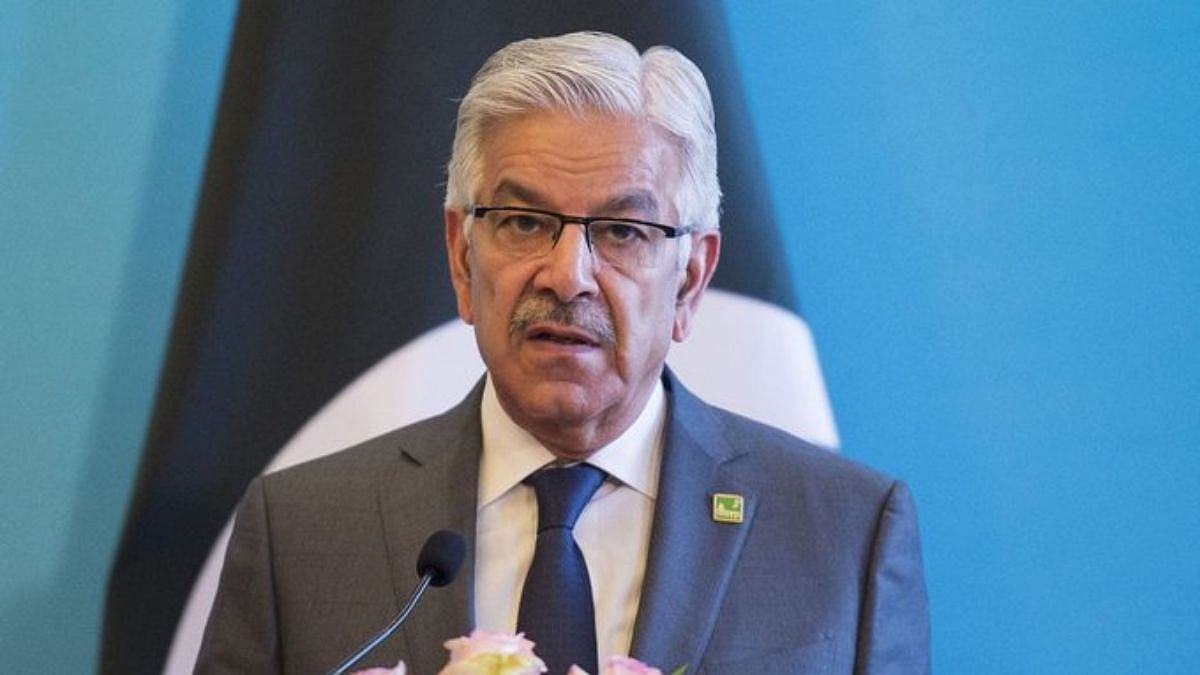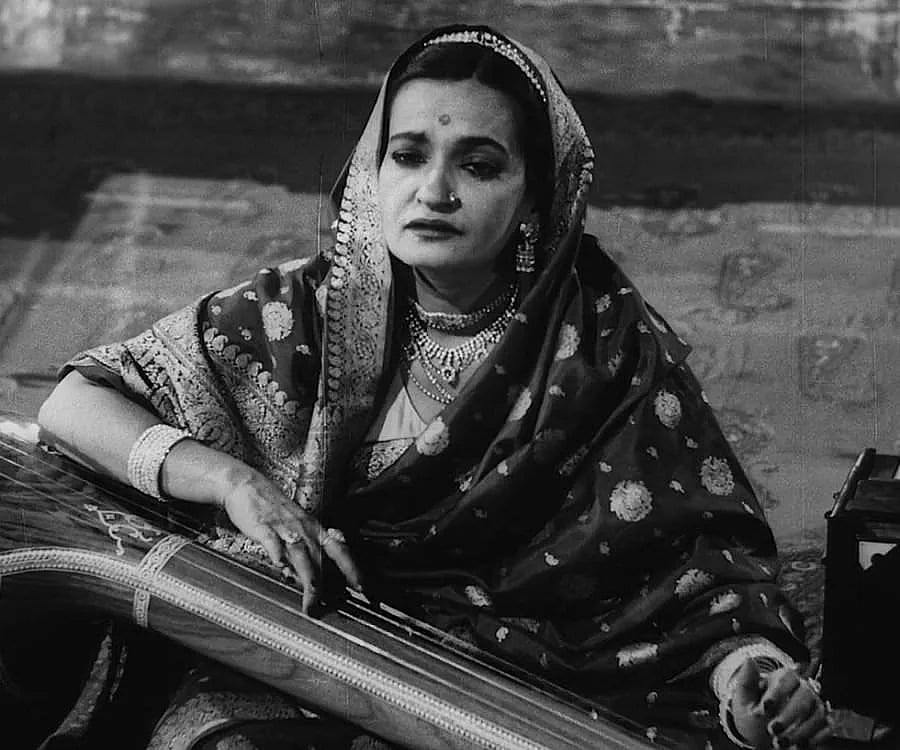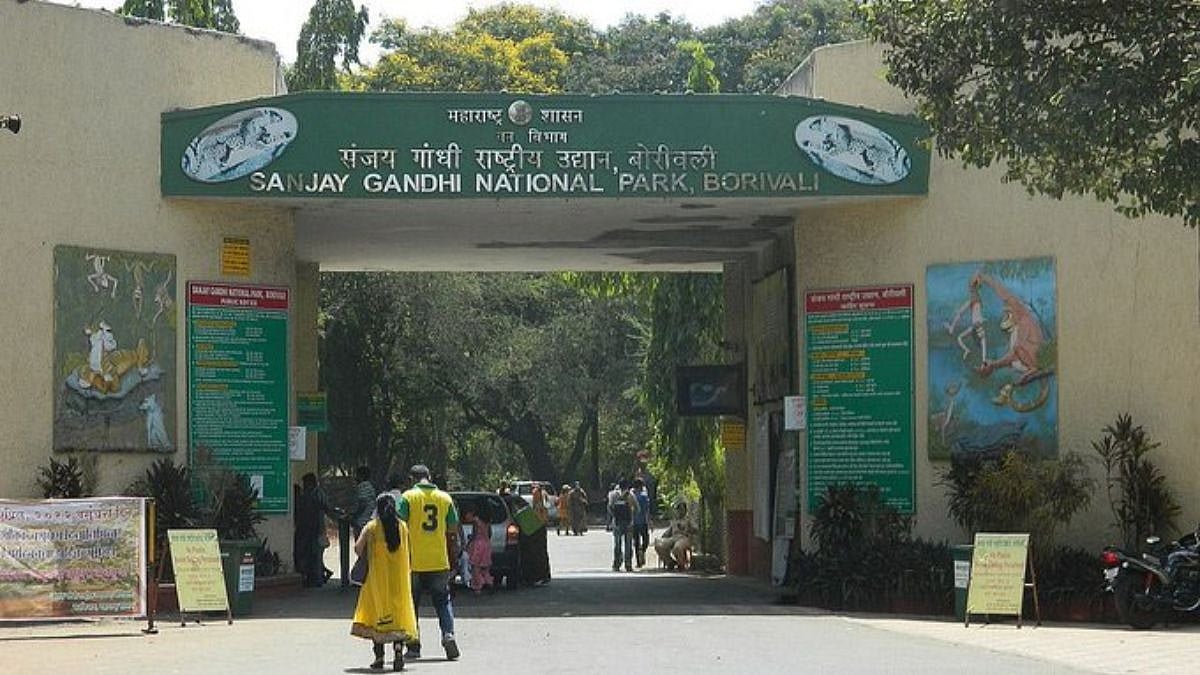The Supreme Court on Thursday put on hold the bizarre judgment of the Nagpur bench of the Bombay High Court, in which Justice Ganediwala ruled that for The Protection of Children from Sexual Offences (POCSO) Act, 2012, to apply, there must be physical contact – ‘skin-to-skin contact with sexual intent’ – and mere groping would not amount to sexual assault. The HC opined that touching a minor’s chest would not amount to sexual assault unless the accused removed the top worn by the girl or slid his hand within her garment.
There was widespread outrage about the same, especially the long-term impact such an anti-female judgment would have on ensuring their safety. The reason why POCSO was brought into the criminal system was to deter perverts, who target minors to satisfy their own sick sense of depravity and in the process, mentally and physically scar minors for life; it was important to bring in an act that severely punished such crimes. The conviction rate in India for providing justice to sexual assault survivors continues to be abysmal but this particular verdict ended up undoing all that the POCSO Act was created for and could help achieve.
Logic-defying decision
In addition to this logic-defying decision, the interpretation of the Act also is incorrect and problematic, as the Act recognises ‘almost every known form of sexual abuse against children as punishable’. So, for the judge, to remove the act of groping a minor goes against the intended use of the legislation. In the future, such verdicts can be employed to dilute the gravity of sexual harassment as envisaged by POCSO.
This, however, isn’t the only shocking judgment from the same judge. The Nagpur bench of the Bombay High Court recently acquitted a man of rape charges since the victim, a minor, in her testimony, did not specify how she and the accused found privacy and how the relatives of the accused permitted them to sleep together. The HC, while noting that the statements of the girl did not inspire confidence, considered the testimony of the man, who claimed that the girl told him she was a major before the duo had intercourse.
The judge further noted “No doubt, as per provisions of the IPC and the POCSO, sexual intercourse with a girl below 18 years is a serious offence and the consent of the girl is immaterial. However, for sending the accused behind bar for minimum sentence of ten years or 20 years (in case girl is below 16 years), there ought to have been clinching and inspiring evidence before the court with regard to rape and with regard to the age of the girl, as these both are only the decisive factors for conviction.”
Another shocker
If this hasn’t shocked you enough, there is also another ruling by the same judge hearing a criminal appeal filed against the conviction and sentence given to a 50-year-old man for molesting a five-year-old girl that says holding a minor’s hands and unzipping one’s pants in front of a minor would not fall under the definition of sexual assault under the Protection of Children from Sexual Offences Act, However, such acts would constitute ‘sexual harassment’ under Section 354-A(1)(i) of the Indian Penal Code, the Nagpur Bench of the court said.
The above examples make a strong case once again, for the need for gender sensitisation, as well as undoing the inherent biases and patriarchy that continue to exist in society, not sparing the judiciary either. While the judge in all these cases was a woman herself, it is important to have more women in senior roles in the judiciary. While political representation is discussed vociferously, it is important to increase representation in the judiciary as well, to have judges that are sensitive to the fallout because of such ill-conceived decisions.
The sad reality of our nation is that more than 75 per cent of cases of sexual violence go unreported in India and for those that do get reported, the conviction rate is abysmally low. If we do not speak up in one collective voice against the verdict, then we’d be doing our present and future generations a grave injustice. Another important factor while discussing POCSO is to also ensure that the law is gender-neutral in application - in case of minor boys, they do not even have a section 354 of the IPC to fall back on to seek justice in such cases of assault, which scars them just as much.
The writer is a Rajya Sabha MP and deputy leader and spokesperson, Shiv Sena.









